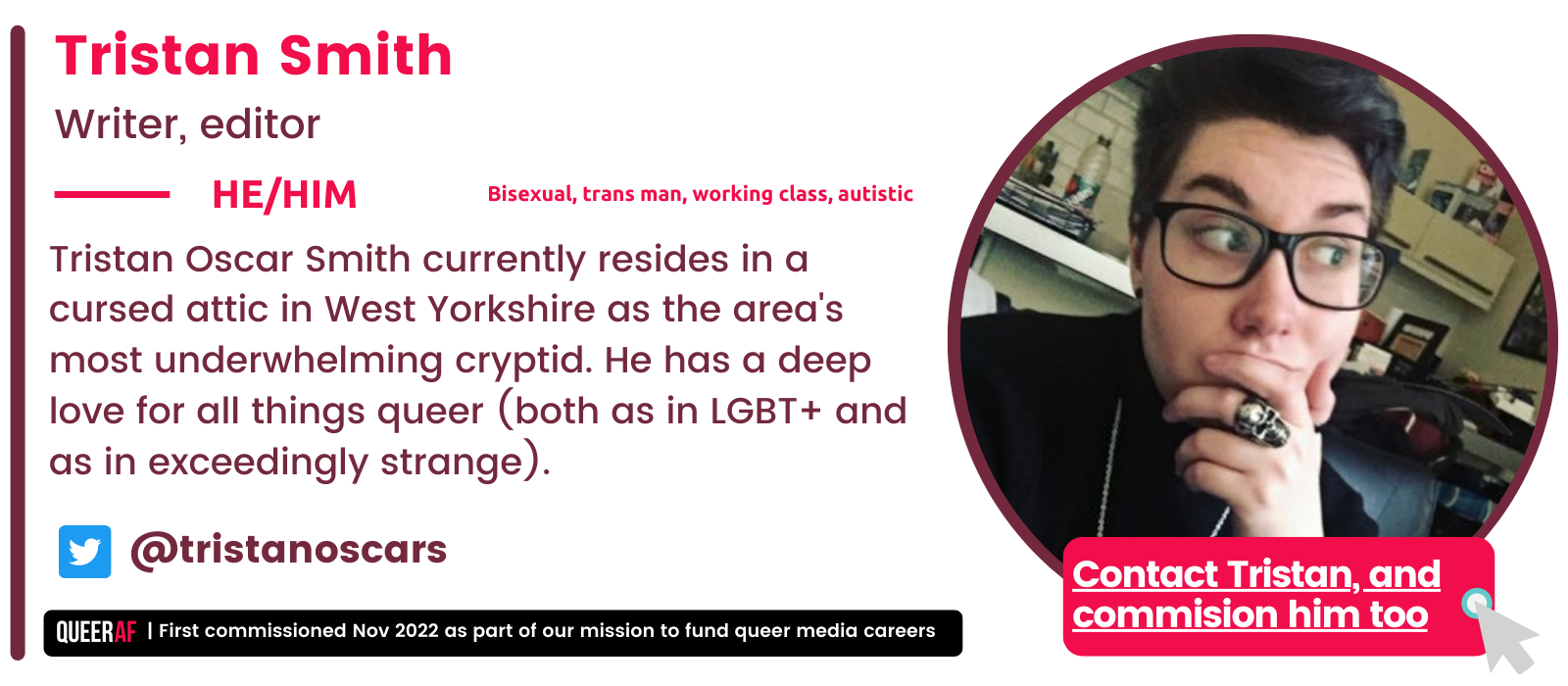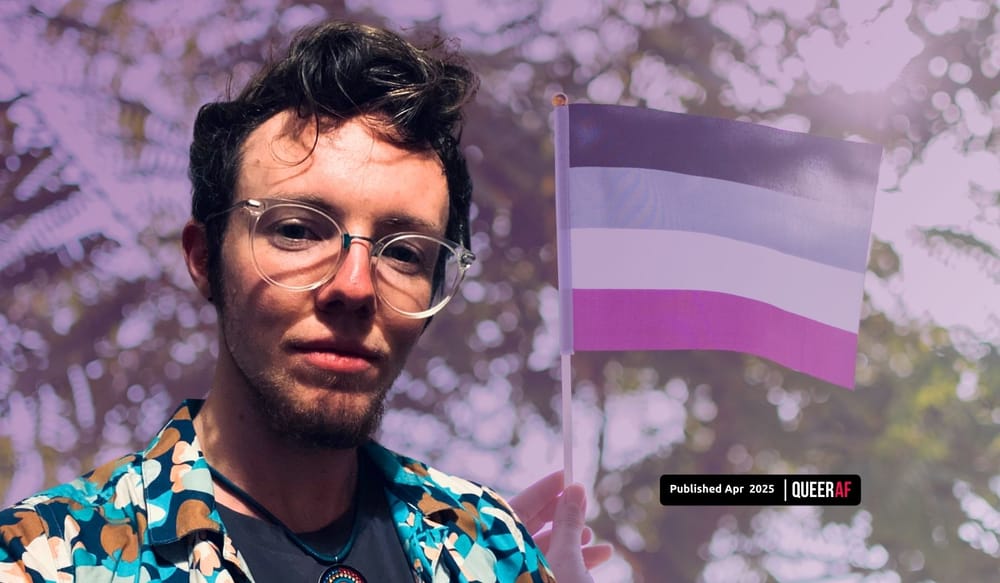
I’m a trans man, and I don’t especially care when a tweet about menstruation refers only to women.
Sure, it’s not the most accurate language, but what actual impact does that have on my life?
I’m a pragmatist. And I wonder what the best use of our time as trans activists and allies is when it comes to making things materially better for trans men and transmasculine people.
Sometimes, inclusive language will be part of that. But it’s not the language itself, it’s the result of it.
Take, for instance, the NHS only sending cervical screening notices to women and canceling the appointments of men who book them because it’s a ‘women’s service’. This has a very direct impact on trans men’s health outcomes, because it’s harder to access necessary care. If there were a separate checkbox to identify people with a uterus, we would be one step closer to equal healthcare access.
Or if there’s a policy for free tampons, but only women are able to claim them. Other people who menstruate end up either self-excluding or being directly excluded because of their gender, meaning they’re more impacted by period poverty.
In these examples, inclusive language really does matter, because the lack of it has a direct impact on trans men and transmasculine people.
The question to ask isn’t just ‘is this language inclusive?’. It’s ‘what is the impact if it isn’t?’.
When that impact is trans men and transmasculine people being directly or potentially excluded from a service or policy that should cover them, that’s a problem.
When that impact is a high chance for trans men and transmasculine people to self-exclude based on being told they don’t belong in a specific space where they should be, that’s a problem.
When that impact is lower quality (or no) healthcare for trans men and transmasculine people, that’s a problem.
But when two friends are discussing their periods on a public forum? Or when (as much as it makes me cringe for unrelated reasons), a cis woman refers to her vulva as her ‘womanhood’? That doesn’t impact me directly.
It would be nice if language was inclusive all of the time, but is it a hill worth dying on? Is it the area to devote time and effort, particularly in the face of anti-trans legislation and guidance popping up like the worst game of whack-a-mole, and anti-trans activists organizing hate rallies across the country?
It’s nice to feel like you’re doing something. But when the world is becoming increasingly anti-trans, fights for material benefits have to come before the easy, feel-good battles.

It's different, we know.
The way QueerAF works with contributors is different from most outlets.
When we work with emerging and marginalised writers who want to build their craft we offer them a skills session with every commission.
The session is designed to put them in control of their edit and to help them understand the reasons behind any changes we suggest. Understanding why, not just what, helps them grow their journalistic flair - and get more commissions.
It's been described as "like therapy, but for writing" - and it's helping.
We ask every creative to rate our process. 90% gave us a perfect score on our communication and approach. The retro, our unique way of editing their work, has an average rating of 9.8/10.
But this approach, which means you get free award-winning content from fresh new voices without outside pressures, is only possible with your support.
So why not take a look at what our creatives say about our work, and find out how to become 100% QueerAF?











